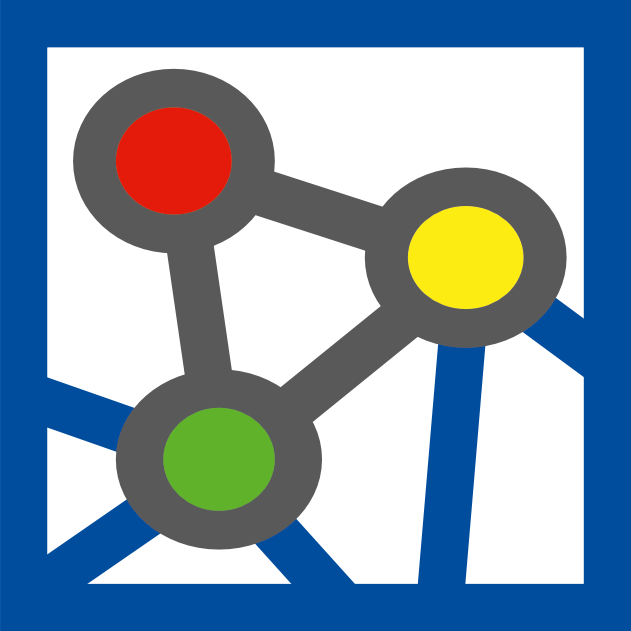Galileo-Navigation, Sensor Fusion and Real-Time Control for Autonomous Vehicles
Applied science is fundamental for bringing innovative technologies and concepts to market. To handle the permanently increasing traffic volume and to guarantee a safe traffic flow, automated vehicles seem to be very promising. With having high-precision, satellite-based positioning systems, new automobile sensor concepts, and high-performance communication technology in reach, mobility in all transportation sectors will enter a new digital and automated era. The higher the aimed automation level the more complex is the interaction among ego-vehicle, traffic participants, and environment. Basic aspects for automatization approaches are accurate and viable localization and vehicle-state estimation. Therefore, sophisticated sensor fusion techniques are required to integrate data of different sensor types, such as inertial measurements, LIDAR data, and signals of satellite-navigation systems. Result of such navigation filters are position, velocity, and orientation; data, which can directly be used to predict the movement of the vehicles in near future and to control its movements in an automated sense. Within this topic, the institute of automatic control (IRT – Institut für Regelungstechnik) at RWTH Aachen University is engaged with research and development of Galileo-navigation filters, with relative localization within urban environments, and with trajectory planning and control of networked vehicles. The presentation gives an overview of IRT’s activities in this field, of available test sites for Galileo navigation and autonomous driving in urban areas, and important research projects.
Speaker/s
Prof. Dr.-Ing. Dirk Abel, RWTH Aachen
Event organiser/s
GRK 2159 (i.c.sens)
Date
04. Apr. 201910:00 - 11:30
Location
Institut für ErdmessungBuilding: 3109
Room: V404
Schneiderberg 50
30167 Hannover




